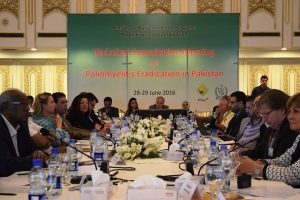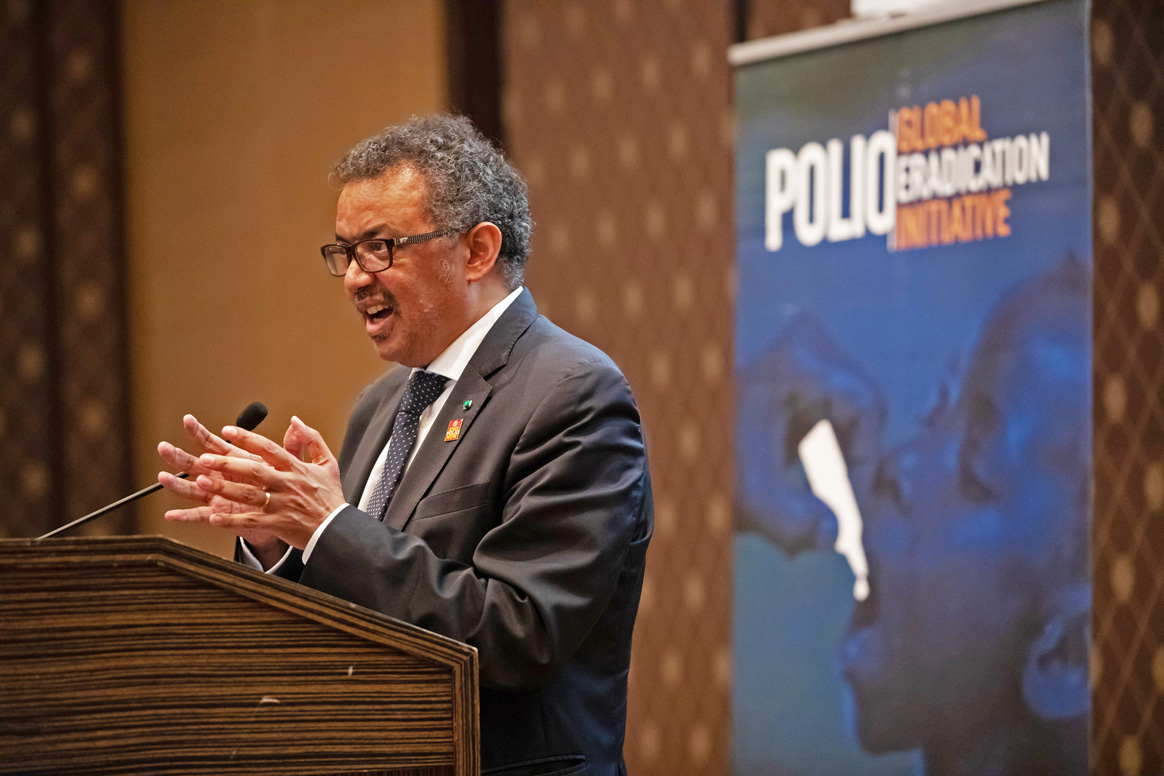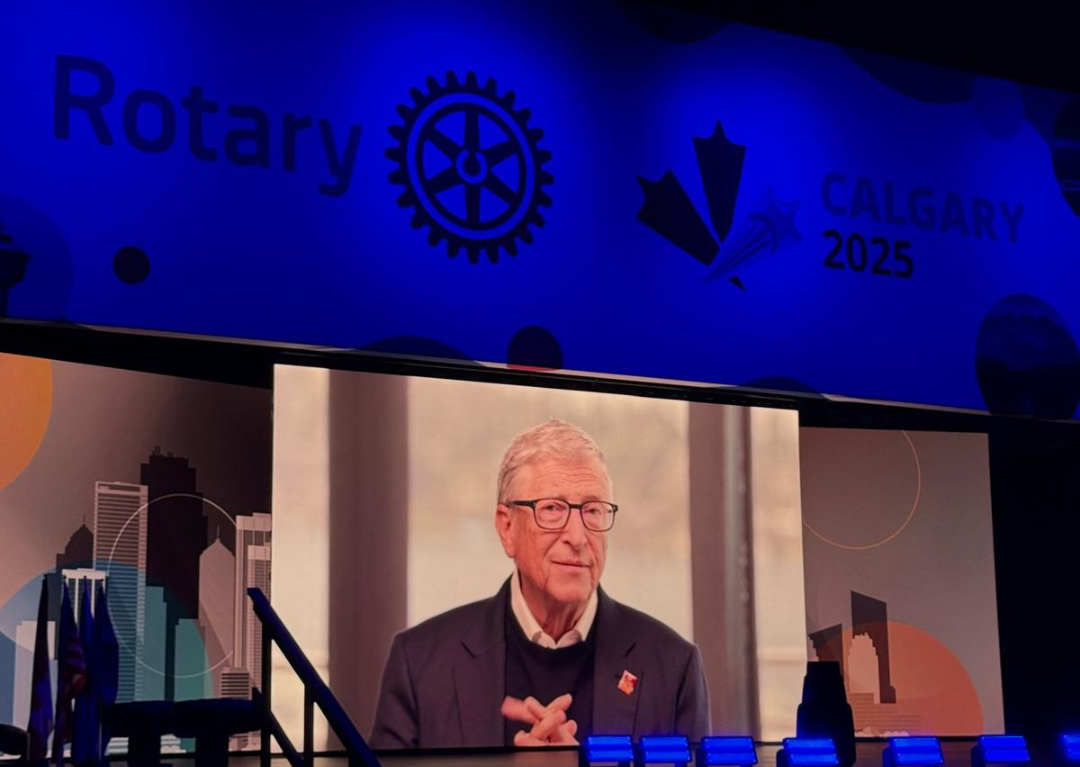
The Technical Advisory Group (TAG) on polio eradication has met in Islamabad for the second time this year to discuss progress, remaining obstacles and opportunities as Pakistan edges closer to achieving the goal of stopping transmission of the virus.
Senior leaders from across the Global Polio Eradication Initiative joined Federal and Provincial team leads as they briefed TAG members on the progress made since the last meeting in January 2016. The group also assessed plans for updates to the 2016/17 National Emergency Action Plan leading into the next low transmission season.
Progress in Pakistan
As of the end of June 2016, 12 cases of wild poliovirus type 1 have been reported, a 57 per cent reduction from the same time in 2015. This improvement was attributed by the Global Polio Eradication Initiative to the united front now being presented by the team of partners working together under the leadership of the government through a network of Emergency Operation Centers. Progress was also ascribed to other strategies, such as the expansion of community based vaccination and health camps, which have helped with enhancing community ownership of the programme interventions. In addition, thousands of trained and dedicated frontline workers have ensured that 280 million children have received polio drops during nine campaigns conducted in the low transmission season. The successful campaigns of the inactivated polio vaccine in targeted high risk areas of Karachi, Khyber Peshawar and Quetta block helped in quick immunity boosting of approximately 3 million vulnerable children.
“The Government of Pakistan will remain committed to achieving our collective goal of polio eradication and thanks all our partners for their technical, financial and political support as we approach a significant milestone in global health,” said the Prime Minister’s Focal Person for Polio Eradication, Senator Ayesha Raza Farooq at the TAG meeting.
Overcoming the remaining challenges
The National Coordinator of Emergency Operations Centre, Dr Rana Safdar, outlined the overriding priorities for the National Emergency Action Plan for 2016-2017 as to ensure all children are vaccinated especially the most young in our most high risk districts; the detection of every signal of the polio virus and any emerging immunity or performance gaps; and to respond rapidly, aggressively and comprehensively to every significant event with implications for interruption of the wild polio virus.
The TAG recommended that efforts continue to be made to strengthen community based vaccination and mobile team performance, to reach every last child in all districts. They highlighted that stopping transmission in North Sindh was of utmost importance. Recommendations were also made to strengthen surveillance, to coordinate with Afghanistan along border areas and to strengthen routine immunization through the community based vaccination initiative.
The TAG also voiced appreciation for the progress made by in Pakistan over the past six months and urged the programme to maintain the quality of campaigns by focussing on improving the overall performance and decreasing the number of missed children in the core reservoir areas, and to identify and address the residual risks and to act swiftly in response.


